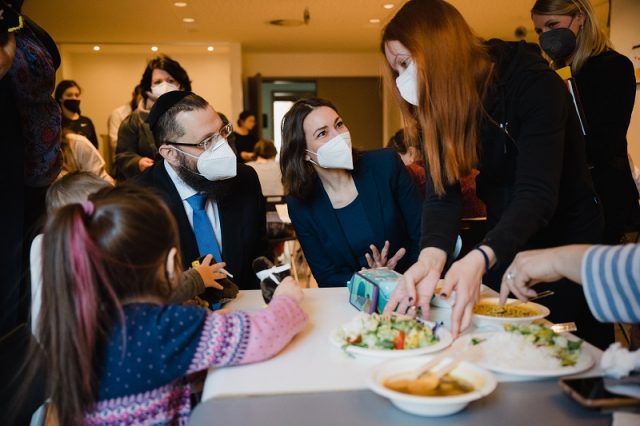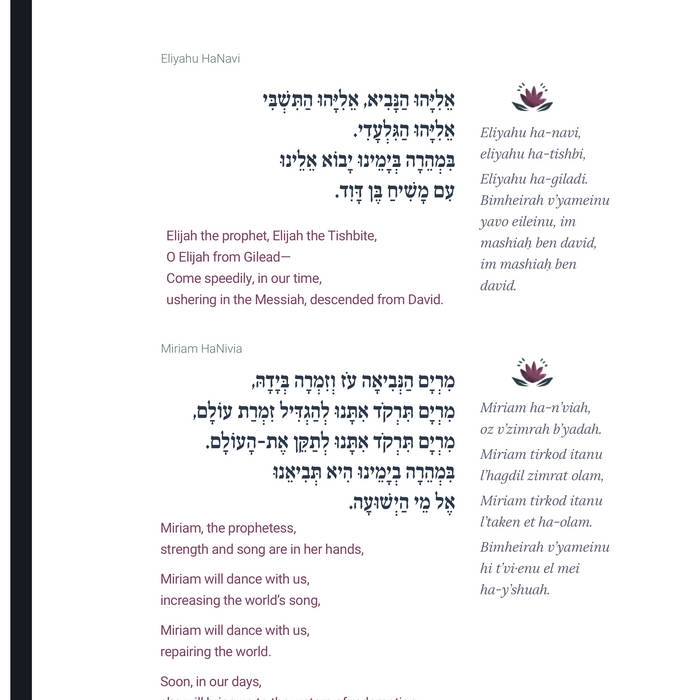

“Under your white stars,” Abraham Sutzkever wrote in the Vilna Ghetto, “I stretch to You my white hand.

When they mixed with the rain and I sat there sobbing, I found myself again.” These words inevitably come to my mind at the close of the Sukkot festival when Cantor Schwartz sings Geshem, the beautiful prayer for rain. Tears came to my eyes, the first ones since my arrival. “As the rain fell down over our bodies,” my mother recalled in her memoirs, “I realized that we were utterly helpless. Often performed at Holocaust commemorations, it deserves to be sung in our synagogues far more frequently.Īfter my mother’s parents, her first husband and her five-and-a-half-year-old son had been murdered in a gas chamber at Auschwitz-Birkenau, she and other Jewish women were forced by their SS guards to stand and sit for hours in a torrential downpour. Set to music by David Zehavi, A Walk to Caesarea has come to evoke a sense of hope in the midst of eternity and a reminder of the comfort provided by God’s elements even in the darkest moments. Captured when she crossed the Yugoslav-Hungarian border, she was tortured for months, tried for treason, and killed by a German firing squad on November 7, 1944.

“ Eli, Eli, My God, My God,” wrote the young poet Hannah Senesh after she had immigrated to Palestine from Hungary in 1939, “may these things never end: the sand and the sea, the rush of the water, lightning in heaven, the prayer of man.” In March of 1944, the 22-year-old Senesh was parachuted into Yugoslavia by the British on a mission to come to the aid of Hungarian Jews. To be truly meaningful, prayer must continuously adapt to the imperatives confronting Jews who both want and need to relate to their moment in history, not just with new melodies to standard prayers created hundreds of years ago but also with new words, with new poems and songs that reflect the triumphs and tragedies of the more recent past as well as our evolution as a people.Ĭantor Schwartz recently introduced a song entitled Halikha LeKesariya, A Walk to Caesarea, into our synagogue’s Shabbat service. One of the reasons why Cantor Azi Schwartz, our cantor at Park Avenue Synagogue in Manhattan, is one of the foremost cantors of our day is his refusal to allow Jewish liturgy to become rote or be set in a stifling ritual straightjacket.


 0 kommentar(er)
0 kommentar(er)
